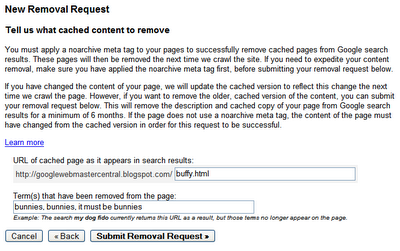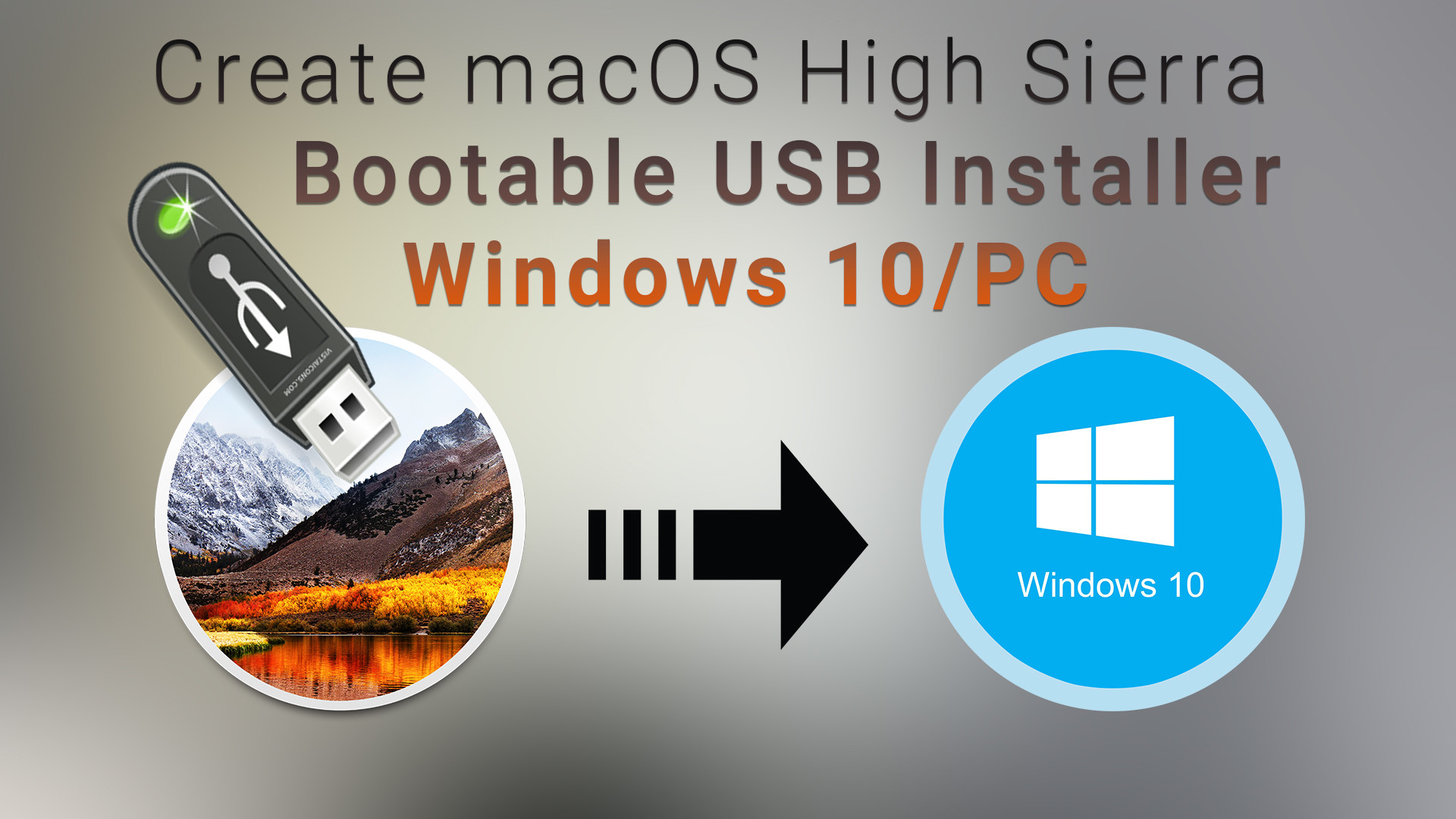Openssl genrsa -out key1.pem openssl req -new -key key1.pem -out csr1.pem -config ssl.conf openssl x509 -req -days 9999 -in csr1.pem -signkey key1.pem -out cert1.pem -extensions reqext -extfile ssl.conf rm csr1.pem On Windows import the certificate into the Trusted Root Certificate Store on all client machines.
SQLiteStudio is a free, open source, multi-platform SQLite database manager written in C, with use of Qt framework. Features: Free & open source. It's free of charge for everybody, for any purpose (including commercial). Symantec security products include an extensive database of attack signatures. An attack signature is a unique arrangement of information that can be used to identify an attacker's attempt to exploit a known operating system or application vulnerability. Beta: Tunnelblick 3.8.5beta05 (build 5650, macOS 10.10+, (mixed Intel-64, M1), notarized) released 2021-02-25 Release Notes SHA1.

On This Page | Release DownloadsTo be notified of new releases, use Tunnelblick's built-in update mechanism or subscribe to the Tunnelblick Announce Mailing List. Beta versions are suitable for many users. See Stable vs. Beta for details. As a Free Software project, Tunnelblick puts its users first. There are no ads, no affiliate marketers, no tracking — we don't even keep logs of your IP address or other information. We just supply open technology for fast, easy, private, and secure control of VPNs.
Verifying DownloadsYou should verify all downloads. Even though https:, the .dmg format, and the application's macOS digital signature provide some protection, they can be circumvented. Verifying Hashes Comparing the SHA256, SHA1, and MD5 hashes of your downloaded file with the official published ones will provide additional assurance that the download is legitimate and has not been modified. You can compare the hashes with programs included with macOS without the need to install additional software. To compute the hashes of a file you've downloaded, type the following into /Applications/Utilities/Terminal: shasum -a 256path-to-the-file Then compare the computed hashes with the values shown near the link for the downloaded file. (Don't type 'path-to-the-file' — type the path to the file, that is, the sequence of folders that contain the file plus the file name (e.g. /Users/janedoe/Desktop/Tunnelblick_3.7.2a_build_4851.dmg). An easy way to get it into Terminal is to drag/drop the file anywhere in the Terminal window. The pointer will turn into a green and white plus sign ('+') to indicate the path will be dropped. So you would type 'shasum -a 256 ' — with a space after the '256' — and then drag/drop the disk image file anywhere in the Terminal window.) For additional assurance that the hashes displayed on this site have not been compromised, the hashes are also available in the description of each 'Release' on Tunnelblick's GitHub site, which is hosted and administered separately from this site. Verifying GnuPG Signatures Recent Tunnelblick disk images are also signed with GnuPG version 2. To prepare for verifying signatures, you should download and install GnuPG 2.2.3 or higher, and then add the Tunnelblick Security GnuPG public key (key ID 6BB9367E, fingerprint 76DF 975A 1C56 4277 4FB0 9868 FF5F D80E 6BB9 367E) to your trusted GnuPG keyring by typing the following into /Applications/Utilities/Terminal: Macos 11 public beta release. Mac OS X Lion (version 10.7) is the eighth major release of macOS, Apple's desktop and server operating system for Macintosh computers. A preview of Mac OS X 10.7 Lion was publicly shown at the 'Back to the Mac' Apple Special Event on October 20, 2010. gpg --import TunnelblickSecurityPublicKey.asc. To verify the signature of a file, download the corresponding signature file and then type the following into /Applications/Utilities/Terminal: gpg --verify path-to-the-signature-filepath-to-the-disk-image-file The result should be similar to the following: gpg: Signature made Sat Dec 16 19:17:03 2017 EST User ContributionsThese downloads have been contributed by users and usually help deal with special circumstances. They are not endorsed or checked by the Tunnelblick project, and you use them at your own risk. To contribute a download, send it to the developers or post it on the Tunnelblick Discussion Group. Before using these scripts, please read Tunnelblick and VPNs: Privacy and Security. (Actually, everyone using a VPN should read that!) Note: these scripts are executed as root.Instructions for using scripts.
Download IntegrityIn June 2015 there was much discussion (and outrage) about SourceForge providing downloads that contain unwanted or malicious software; SourceForge has changed their policies to help avoid this. Tunnelblick binaries were hosted on SourceForge from the fall of 2013, when Google Code stopped hosting new binaries, until 2015-07-17, when they were moved from SourceForge to GitHub. Tunnelblick protects against unwanted software insertions by publishing the SHA1 and MD5 hashes for each of our downloads. You should verify the hashes of all Tunnelblick downloads by following the instructions above. Additional safeguards automatically protect updates performed by Tunnelblick's built-in update mechanism:
Downloading and Installing on macOS Mojave and HigherWhen you install any application, including Tunnelblick, after it has been downloaded normally, macOS Mojave and higher send information to Apple (they 'phone home'). macOS Catalina and higher also 'phone home' each time you launch Mac os catalina app store frozen pizza. any application, including Tunnelblick. These behaviors are considered by some to be a violation of privacy. You can avoid these behaviors, but you will be disabling security checks which macOS would normally do on a downloaded program, including checks that the program is correctly notarized and has been found to not contain malware. To avoid having macOS Mojave and higher 'phone home' when you install Tunnelblick, you can do the following to download Tunnelblick to your Desktop:
This will download the file to your Desktop without the flag that indicates the file was downloaded from the Internet. When that flag is present, macOS Mojave and higher 'phone home' when the downloaded file is double-clicked to install it; when the flag is not present, macOS Mojave doesn't. To avoid having macOS Catalina and higher 'phone home' when you launch Tunnelblick (or other applications), see How to run apps in private. [1] Tunnelblick downloads are redirected from the tunnelblick.net website to GitHub, which may redirect them further. Typically one or more tiny downloads (a few hundred bytes each) provide information about the redirection, and the final larger download is the desired file. |
SQLiteStudio is a free, open source, multi-platform SQLite database manager written in C++, with use of Qt framework.
Os X Update Openssl
Features:
Osx Update Openssl Version

- Free & open source. It's free of charge for everybody, for any purpose (including commercial). It's safe, as anyone can review source code.
- Advanced SQL code editor. The SQL Editor window assists user with SQL syntax hints & highlighting, provides pretty-print code formatter, marks syntax errors. You can Ctrl+click on table mentioned in SQL query to open that table (or index, or trigger, or view).
- Encrypted databases. Currently supported encrypted, password-protected SQLite variations are: SQLCipher, WxSQLite3 and System.Data.SQLite (the last one is under Windows only).
- Multiple databases seamlessly. You can execute SQL statements that refer to multiple databases within single query, thanks to transparent database attaching mechanism built into the SQL Editor of SQLiteStudio.
- Custom SQL functions. You can implement your own SQL functions (scalar & aggregate) using JavaScript or Tcl. There is repository of ready-to-use scripts on the wiki page.
- Custom collation sequences. You can implement your own collation sequences (i.e. algorithms for comparing 2 values, that could be used in ORDER BY clause, etc).
- SQL & DDL history. You need that query you executed 2 weeks ago? No problem. SQL Editor has a 'History' tab. You need to upgrade production database the same way you did locally with SQLiteStudio? Use DDL History window - it has all DDL statements as executed by SQLiteStudio.
- D&D between databases. You can Drag & Drop objects (tables, indexes, ..) between databases in order to copy or move them, with or without data.
- Cross-platform. Works on all 3 major platforms - Windows, MacOS X, Linux. Can be compiled from sources on other, less common platforms (like FreeBSD, ..).
- Portable distribution. No need to install it. Just download the package, decompress and run. No administrator rights are required.
- Data populating. Do you need to test your application quickly with some pre-generated data? SQLiteStudio can populate tables for you with various strategies (constant, sequence, random number, random text, dictionary-based text, script code generated).
- Importing/exporting. SQLiteStudio can import data from various formats (currently CSV or any text file using Regular Expression), or export to various formats (SQL statements, CSV, HTML, XML, PDF, JSON).
- Scripting. The application currently supports QtScript (JavaScript) and Tcl scripting languages. Scripts can be used as generators for data populating, custom SQL functions, custom collation sequences).
- Plugins. SQLiteStudio supports plugins of several categories. For example another scripting language can be added with plugin. Another import or export format, another table data populating strategy, another SQLite database format, SQL code formatter, code highlighter, table cell value representation renderer - all of these can be exteded with plugins.
Note: While the software is classified as free, it is actually donationware. Please consider making a donation to help support development.

